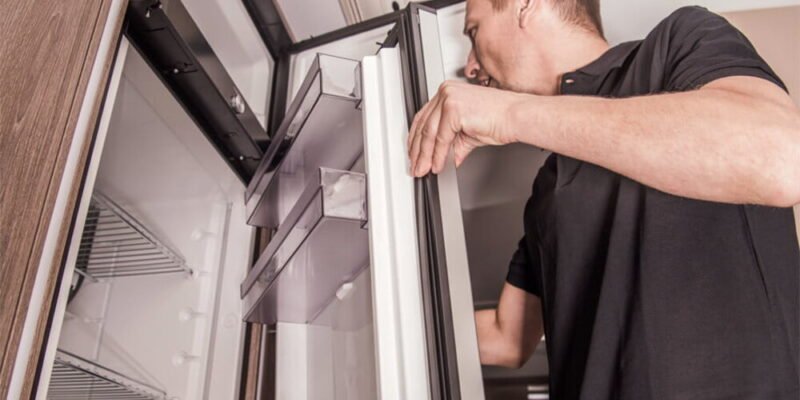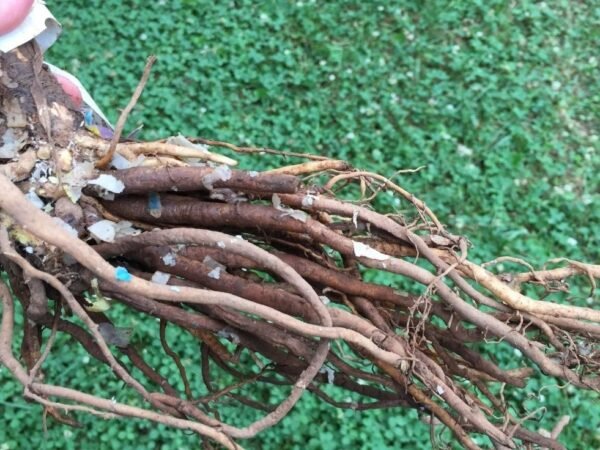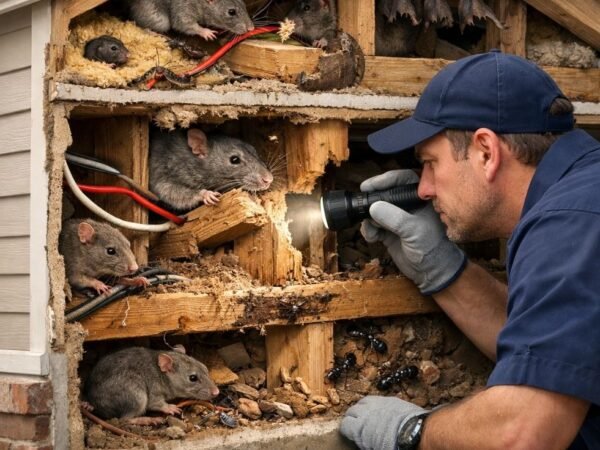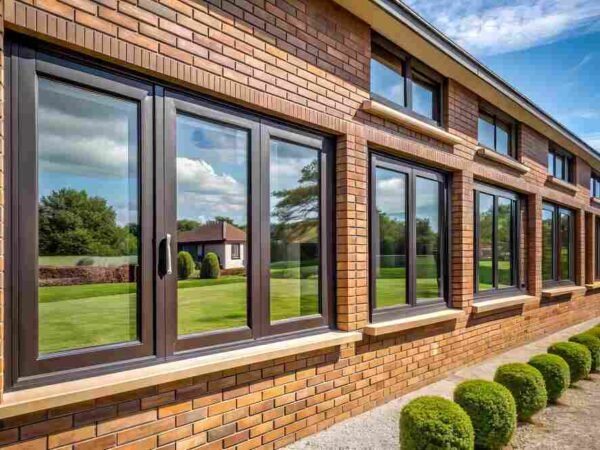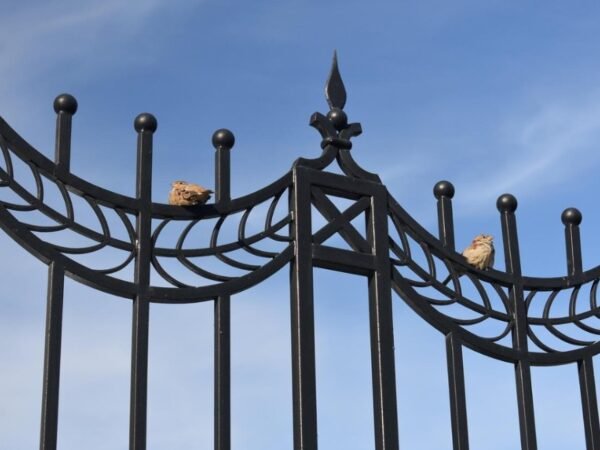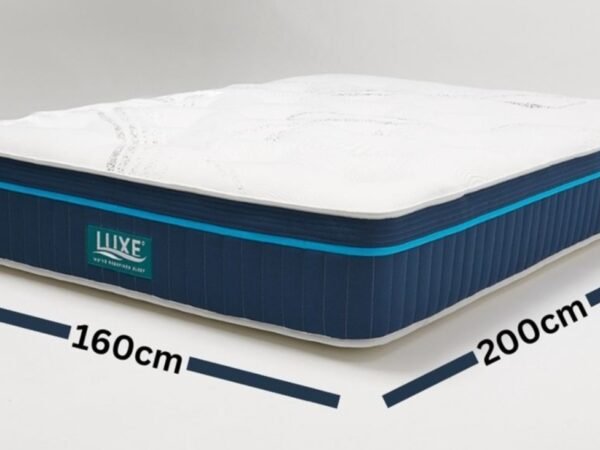A leaking built-in refrigerator can be more than just a nuisance—it can lead to water damage in your kitchen and affect the efficiency of your appliance. Identifying the causes of leaks and knowing how to prevent and repair them is essential for maintaining your refrigerator and avoiding costly repairs.
Common Causes of Built-In Refrigerator Leaks
Clogged or Frozen Defrost Drain
This drain allows water from the defrost cycle to exit the fridge, typically flowing into a drain pan. When the drain is blocked by debris, food particles, or ice, water can back up and leak inside or outside the refrigerator.
How to Fix It:
To fix a clogged defrost drain, start by locating the drain inside your refrigerator or freezer. Using a mixture of warm water and baking soda, gently flush the drain with a turkey baster or small funnel to clear the blockage. For a frozen drain, you may need to unplug the refrigerator and allow the ice to thaw. A more thorough cleaning may require removing the drain cover and using a pipe cleaner or soft brush.
Damaged Door Seals or Gaskets
The door seals (gaskets) play a critical role in keeping cold air inside and warm air out. If the seals are cracked, loose, or dirty, warm air can enter, causing condensation to form and leak inside the fridge. This can also lead to the refrigerator working harder, which increases energy consumption. For those needing built-in refrigerator repair in Atlanta, addressing these issues promptly can save you from higher utility bills and further damage.
How to Fix It:
Inspect the door seals regularly for signs of wear and tear. If you notice any damage, replacing the gaskets is usually a straightforward task that you can do yourself or with the help of a technician. Keeping the seals clean from dust and food particles will also help them function properly. Simply wiping them down with a mild detergent and water can improve their effectiveness.
Leaking Water Filter
If your built-in refrigerator has a water dispenser or ice maker, a faulty or improperly installed water filter could be the culprit behind the leak. Over time, filters can become clogged or improperly seated, leading to water leakage.
How to Fix It:
Check that your water filter is installed correctly and that it’s the right model for your refrigerator. Always follow the manufacturer’s instructions for installation, and ensure that it clicks securely into place.
Preventive Measures to Avoid Leaks
- Regular Maintenance and Inspection:
Regularly inspect the defrost drain, door seals, and water lines for signs of wear or blockages. Routine maintenance can help you catch potential problems early before they lead to significant leaks. - Keep Refrigerator Level:
Ensure your refrigerator is level. A fridge that isn’t level can cause water to pool inside and eventually leak out. Use a leveling tool to adjust the feet of the refrigerator until it’s properly aligned. - Replace Water Filters Regularly:
Change your refrigerator’s water filter as recommended by the manufacturer, usually every six months. Regular replacement ensures the filter is working correctly and prevents clogs that could lead to leaks. - Clean Door Seals:
Wipe down the door seals regularly to keep them free of debris and ensure a tight seal. This simple step can prevent leaks and improve your refrigerator’s efficiency.
Repair Options for Built-In Refrigerator Leaks
DIY Repairs
For minor leaks, such as a clogged defrost drain or dirty door seals, DIY repairs can be effective and save you money. Follow the steps mentioned above for simple fixes that don’t require specialized tools.
Professional Repair Services
For more complex issues, such as faulty water lines or internal component failures, it’s best to call a professional repair service. Technicians have the expertise and tools to safely diagnose and repair leaks, ensuring your refrigerator is back in working order.
Regular Servicing Contracts
Consider enrolling in a regular servicing contract with a professional appliance repair company. This can provide peace of mind, as your refrigerator will receive routine inspections and maintenance, reducing the likelihood of unexpected leaks.
FAQs
- Why is my built-in refrigerator leaking water inside?
A common cause of internal leaks is a clogged defrost drain. When blocked, water backs up and spills inside the fridge. Cleaning the drain with warm water and ensuring it’s free of debris can resolve this issue. - How often should I replace my refrigerator’s water filter?
It’s recommended to replace the water filter every six months or according to the manufacturer’s instructions. Regular replacement helps prevent clogs and ensures clean, leak-free operation. - Can a leaking refrigerator cause serious damage?
Yes, leaks from a refrigerator can cause water damage to your kitchen floor, cabinetry, and even electrical components of the appliance. Addressing leaks promptly is crucial to prevent extensive damage. - Is it safe to repair a refrigerator leak myself?
Simple leaks, like those from clogged drains or dirty seals, can often be repaired yourself with basic tools and cleaning supplies. For more complex issues, especially involving water lines or electrical components, it’s safer to hire a professional.
Also read interesting articles at Disboard.co.uk


